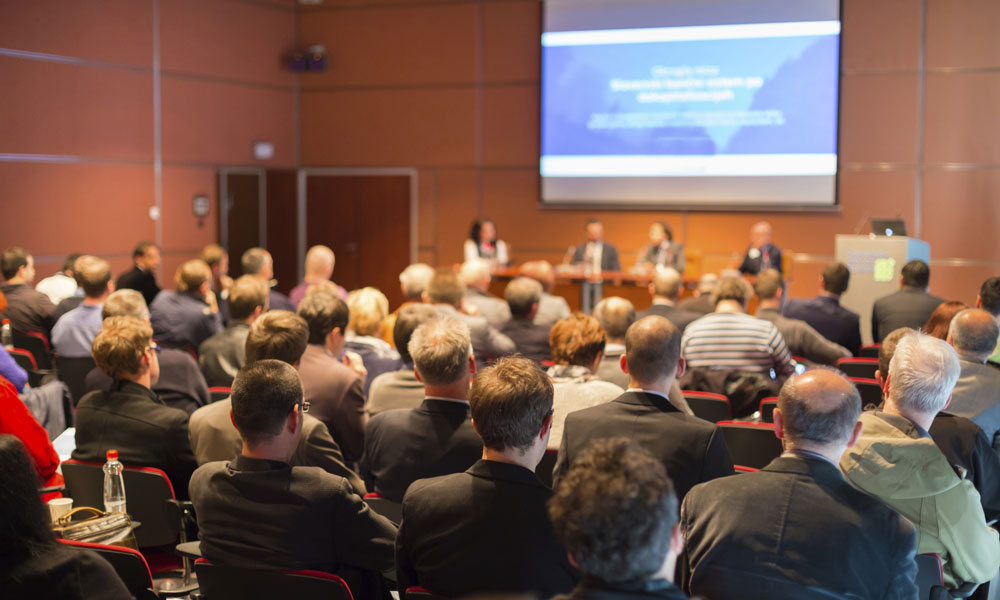
Study: Federal Workers Place Greater Value on In-Person Meetings
In-person meetings are viewed as mission critical by federal workers, but restrictions on travel have presented a roadblock in recent years. Those restrictions, it turns out, have had some unintended financial consequences for the government.
Government employees highly value face-to-face meetings, but travel restrictions have hindered their ability to attend those meetings and are placing an unintended financial burden on their agencies, according to two recently released studies.
According to a survey of 100 federal employees released this week by the Meetings Mean Business Coalition (MMBC), attending in-person meetings is seen as critical to the individual employee, the agency he or she works for, and the overall perception of the United States. Of the employees surveyed who organize, attend, or influence meetings as a part of their jobs,
- 98 percent said in-person meetings are important for advancing the mission of their agency.
- 92 percent said engaging with colleagues, peers, industry vendors, and partners in person improves their ability to work effectively.
- Two-thirds said collaborating and innovating is best done face-to-face.
- 84 percent said America’s ability to remain relevant in innovation and competitiveness requires collaboration and learning with groups inside and outside of government.
“Face-to-face meetings are vital for conducting government business in the most effective and efficient way possible,” David Peckinpaugh, president of Maritz Travel Company and co-chair of MMBC, said in a conference call with reporters. “The survey results show that sitting down and interacting with others one-on-one provides real-time productivity and continuous opportunities for engagement.”
The problem lies in getting federal employees to those meetings. Nearly one-third of those surveyed said they weren’t able to attend a meeting in the past year that they normally would have because of budget constraints.
Financial Fallout
Meanwhile, earlier this month, the Government Accountability Office (GAO) concluded that the federal travel restrictions implemented by the Obama administration in 2012 after a series of government conference spending scandals have had some unintended consequences for agency budgets.
The 52-page report, focusing on the departments of Energy and Defense, concluded that while the restrictions have resulted in significantly reduced spending on meeting attendance and travel, the agencies incurred high costs to implement the restrictions. And the lengthy approval process often means that flights get booked at the last minute and conference registration occurs well past early-bird deadlines, resulting in higher-than-necessary costs for approved meetings and travel.
“DOD and DOE have not established time frames for providing decisions based on applicants’ needs,” according to GAO. “Until DOD and DOE establish these time frames, scientists and engineers will continue to face uncertainty over whether they can commit to more active roles at a conference.”
MMBC’s Peckinpaugh said the timing of the two studies shows that there is momentum behind the effort to get the federal government to back off the travel restrictions that are in place.
“I think, absolutely, we’ve got some momentum. I think we’ve been able to circumvent some onerous legislation over the last couple of years,” he said. “Probably for the first time in these last 18 to 24 months, we have the industry coalesced behind the MMBC efforts, so I do think we’re on a very positive path toward making a difference.”
(iStock/Thinkstock)






Comments